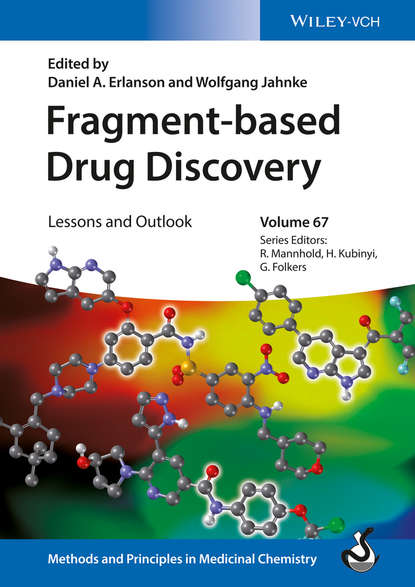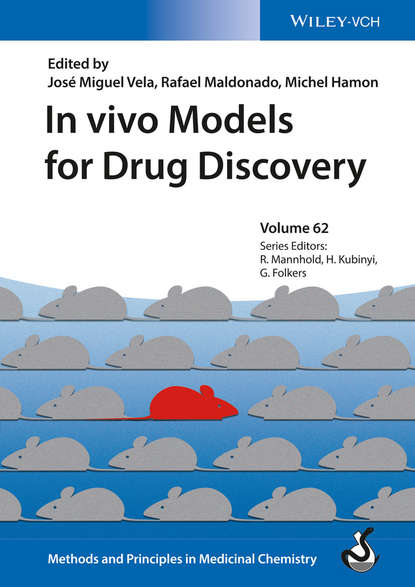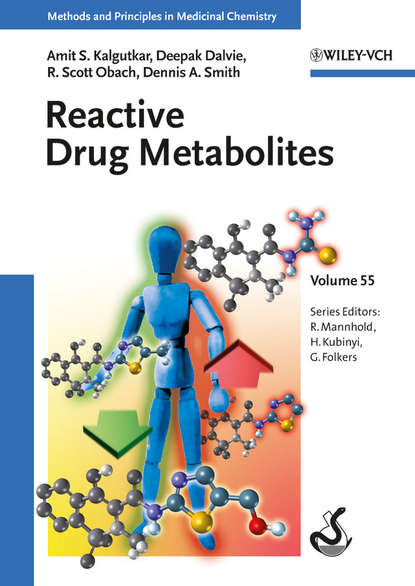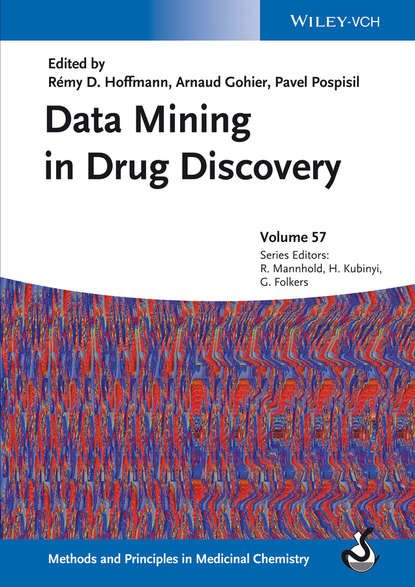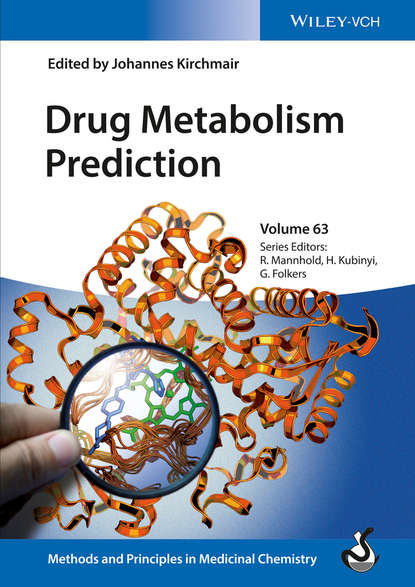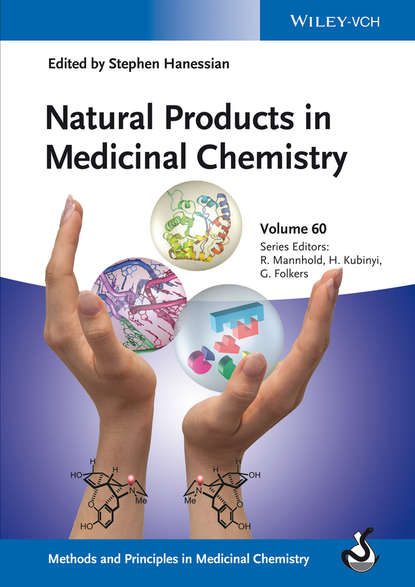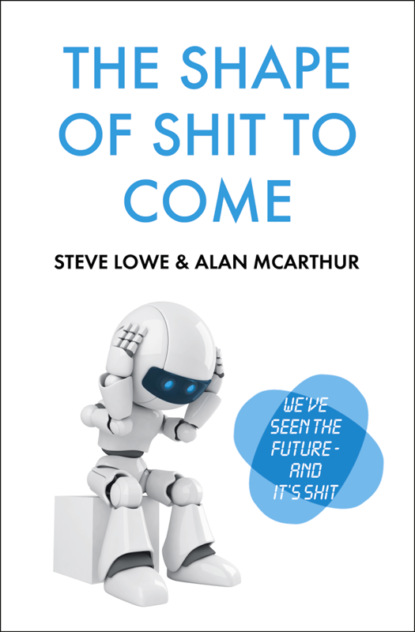Hugo Kubinyi - Scaffold Hopping in Medicinal Chemistry
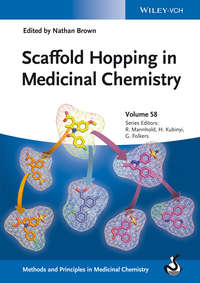
This first systematic treatment of the concept and practice of scaffold hopping shows the tricks of the trade and provides invaluable guidance for the reader's own projects. The first section serves as an introduction to the topic by describing the concept of scaffolds, their discovery, diversity and representation, and their importance for finding new chemical entities. The following part describes the most common tools and methods for scaffold hopping, whether topological, shape-based or structure-based. Methods such as CATS, Feature Trees, Feature Point Pharmacophores (FEPOPS), and SkelGen are discussed among many others. The final part contains three fully documented real-world examples of successful drug development projects by scaffold hopping that illustrate the benefits of the approach for medicinal chemistry. While most of the case studies are taken from medicinal chemistry, chemical and structural biologists will also benefit greatly from the insights presented here.

